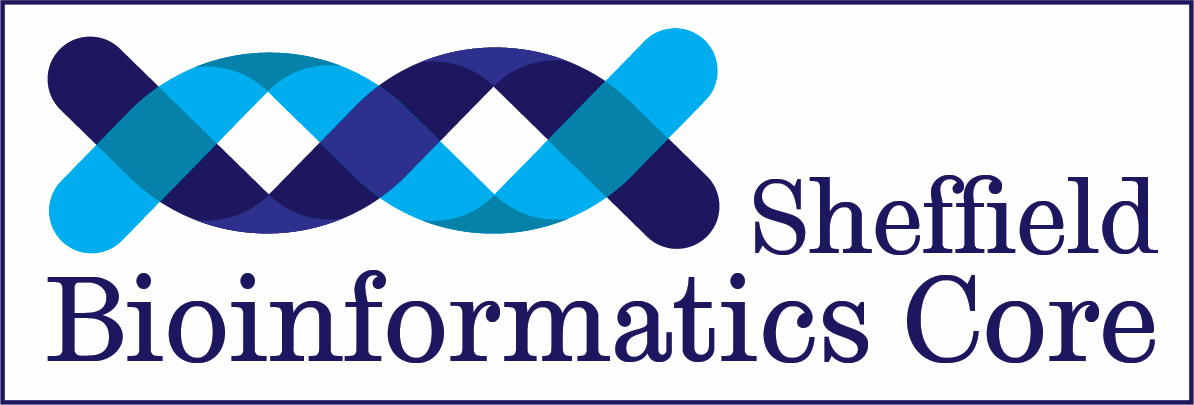Please download and un-zip this file containing the data for the course
The markdown file written by the instructors during the course can be downloaded here
Please complete this short feedback form so we can improve the course for the future
In this workshop, you will be learning how to analyse RNA-seq count data, using R. This will include reading the data into R, quality control and performing differential expression analysis and gene set testing, with a focus on the DESEq2 analysis workflow. You will learn how to generate common plots for analysis and visualisation of gene expression data, such as boxplots and heatmaps. You will also be learning how alignment and counting of raw RNA-seq data can be performed in R. This workshop is aimed at biologists interested in learning how to perform differential expression analysis of RNA-seq data when reference genomes are available.
***Some basic R knowledge is assumed (and is essential). Without it, you will struggle on this course. If you are not familiar with the R statistical programming language we strongly encourage you to work through an introductory R course before attempting these materials. If you have done and R course before we recommend reading our R crash course before attending to refresh your knowledge. You can also attend our Data Analysis Essentials for Researchers if you have not used R previously.
Please also make sure you have experience of using the Unix command line. For example by attending our Introduction to the Command Line for Bioformatics course
https://onlineshop.shef.ac.uk/conferences-and-events/faculty-of-medicine-dentistry-and-health/neuroscience/introduction-to-the-command-line-for-bioinformatics-12th-feburary-2020
This course is based on the course RNAseq analysis in R originally prepared by Combine Australia and delivered on May 11/12th 2016 in Carlton. The course was then modified by Cancer Research Uk Cambridge Institute and delivered as part of the CRUK Functional Genomics Autumn School


Researchers in life sciences who want to get an appreciation for the computational steps involved in RNA-seq analysis, and how to execute best-practice RNA-seq workflows in R.
You will need to bring an internet-enabled laptop to the course and install the latest versions of both R and RStudio before coming to the course
Install R by downloading and running this .exe file from CRAN. Also, please download and run the RStudio installer for Windows. Note that if you have separate user and admin accounts, you should run the installers as administrator (right-click on .exe file and select “Run as administrator” instead of double-clicking). Otherwise problems may occur later, for example when installing R packages.
Install R by downloading and running this .pkg file from CRAN. Also, please download and run the RStudio installer for Mac
You can download the binary files for your distribution from CRAN. Or you can use your package manager (e.g. for Debian/Ubuntu run sudo apt-get install r-base and for Fedora run sudo yum install R). Also, please download and run the RStudio installer.
We also have a docker container that has all the software packages and data pre-installed. First install docker and then launch the container with:-
docker run -p 8787:8787 markdunning/rna-seq-r
In your web browser http://localhost:8787 should show an RStudio session. The username and password are both rstduio.
Registration is closed
For queries relating to collaborating with the Bioinformatics Core team on projects: bioinformatics-core@sheffield.ac.uk
Join our mailing list so as to be notified when we advertise talks and workshops by subscribing to this Google Group. You can also connect with us on Linkedin.
Requests for a Bioinformatics support clinic can be made via the Research Software Engineering (RSE) code clinic system. This is monitored by Bioinformatics Core staff, so we will ensure the appropriate expertise (which may involve individuals from multiple teams) will be available to help you
Queries regarding sequencing and library preparation provision at The University of Sheffield should be directed to the Multi-omics facility in SITraN or the Genomics Laboratory in Biosciences.
